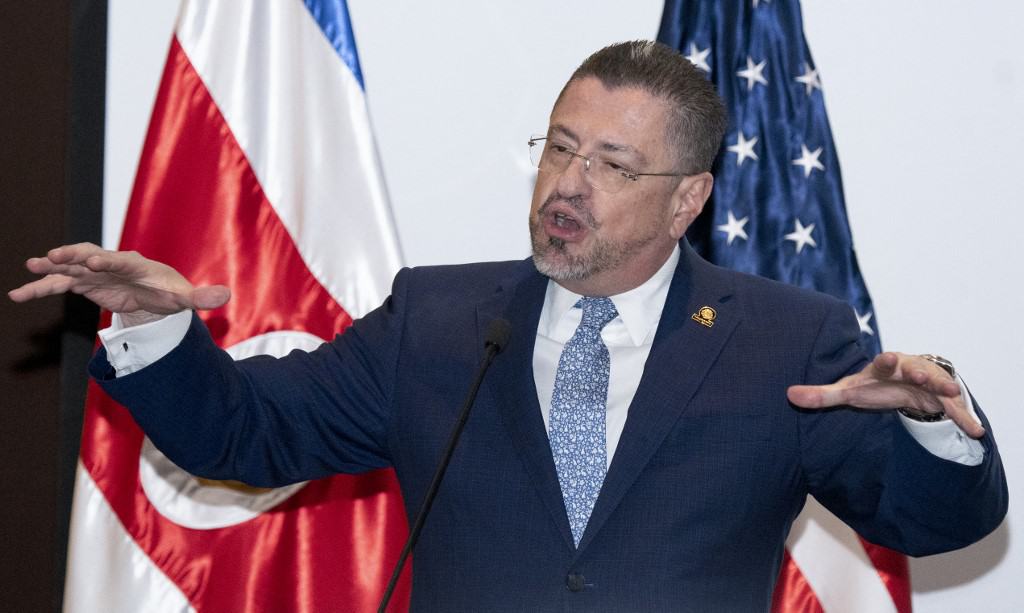Costa Rica’s President Rodrigo Chaves has publicly criticized the Supreme Electoral Tribunal (TSE) for rules that limit how the government can share information during the upcoming election period. In a national address on Sunday, Chaves called the restrictions a “muzzle” on his administration, claiming they prevent people from learning about public projects and government actions.
The president repeated his concerns the next day at the opening of a childcare center in Esparza. He argued that the rules interfere with the public’s right to hold officials accountable. “Your right to demand answers, and our duty to give them, face blocks from a TSE that hides in shadows to silence us,” Chaves said. He added that the issue would not stop there and hinted at further steps.
At the heart of the dispute are guidelines from the TSE that kick in after elections get called. These come from Article 142 of the Electoral Code, a law that has shaped campaigns for decades. The TSE replied to questions from the government on September 22, making clear what counts as off-limits.
Officials can still open public works, and the president can attend those events. Press conferences remain allowed too. But the government cannot post or stream these on its own online channels. That includes sharing clips, photos, or live feeds from briefings or project launches.
The TSE pointed out that these limits apply to all administrations, not just this one. They aim to keep elections fair by stopping public funds from boosting any side. Rules like this have held steady through past campaigns, with no major changes this time.
Chaves focused much of his frustration on the weekly media sessions his team holds. The government said the one set for Wednesday, October 1, would mark the final one under the current setup. From then on, the restrictions tighten as the campaign ramps up.
This back-and-forth highlights ongoing tensions between Chaves and key bodies in Costa Rica’s system. The president has often questioned checks on his power, framing them as barriers to progress. Yet the TSE stands firm, stressing that the code protects the democratic process that has kept the country stable.
Costa Rica heads into elections with these rules in play, as always. Voters will pick leaders in February, with a possible runoff in April if needed. The setup gives parties equal ground, free from state-backed promotion.
Chaves and his team push back, saying the limits hide good work from the public. But the TSE counters that accountability flows through other means, like oversight hearings, which face no blocks on sharing.






